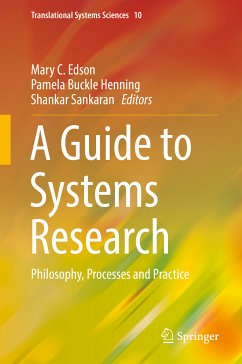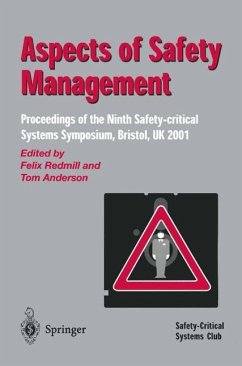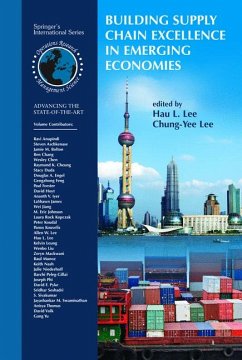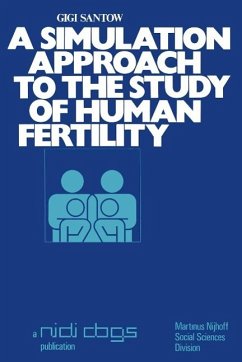
Introduction to Safety Science (eBook, PDF)
Versandkostenfrei!
Sofort per Download lieferbar
40,95 €
inkl. MwSt.
Weitere Ausgaben:

PAYBACK Punkte
20 °P sammeln!
For many years "safety technology" has constituted the essential instrument for the prevention of accidents as a direct result of handling new technology. Its awareness of the interactions prevalent in natural science causes safety technology to act on the basis of actual accidents, and it Ulilizes to their fullest extent any means provided by the engineering sciences. Man proceeds in a general direction towards preselVation and improvement, thus working towards the optimization of the technical design. However. a new set of basic problems presented itself the moment new large-scale technologi...
For many years "safety technology" has constituted the essential instrument for the prevention of accidents as a direct result of handling new technology. Its awareness of the interactions prevalent in natural science causes safety technology to act on the basis of actual accidents, and it Ulilizes to their fullest extent any means provided by the engineering sciences. Man proceeds in a general direction towards preselVation and improvement, thus working towards the optimization of the technical design. However. a new set of basic problems presented itself the moment new large-scale technologies were introduced into the areas of processing, energy, and traffic, thereby creating a considerable amount of ad ditional danger potential. This also signified the end of an era when safety technology could be practiced chiefly on the basis of accident statistics. For ethical reasons it became necessary that a credible prognosis as to the type and effect of accidents took the place, or at least supplemented, the hitherto practiced purely reactive methods. The realization that the available means of safety technology were no longer sufficient in a highly technologized environment spurred the demand for entirely new concepts which would eventually lead to a higher degree of safety. A decisive step had to be taken away from a purely technical approach and fOwards and all-encompassing look at accident systems, because man had become aware of the fact that accidents will always be a part of the interaction between man, technology, and environment.
Dieser Download kann aus rechtlichen Gründen nur mit Rechnungsadresse in A, B, BG, CY, CZ, D, DK, EW, E, FIN, F, GR, HR, H, IRL, I, LT, L, LR, M, NL, PL, P, R, S, SLO, SK ausgeliefert werden.












